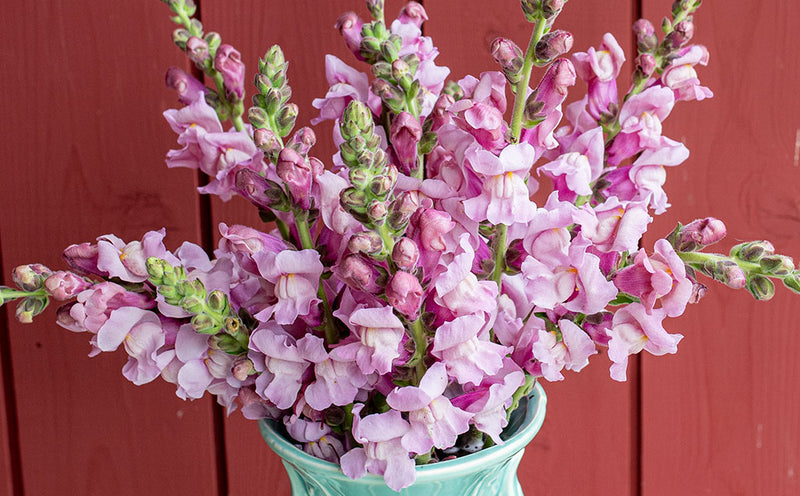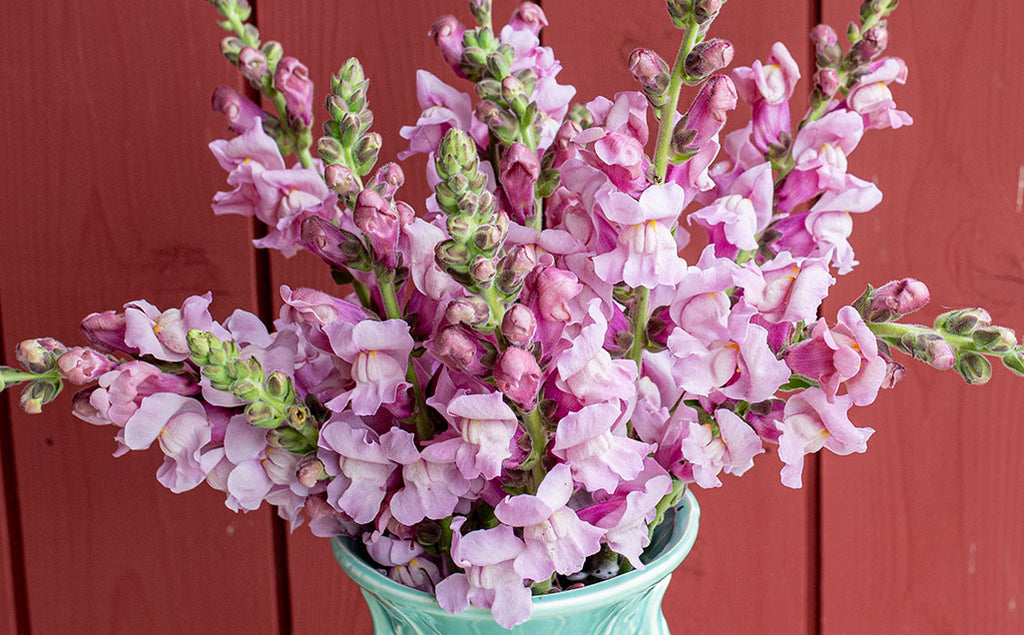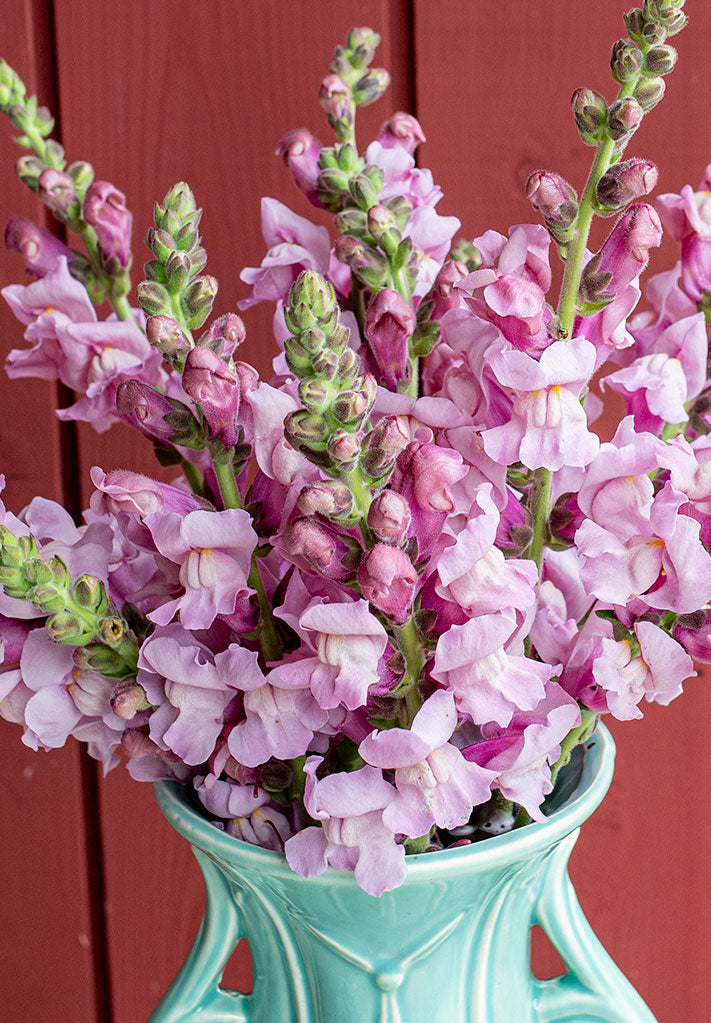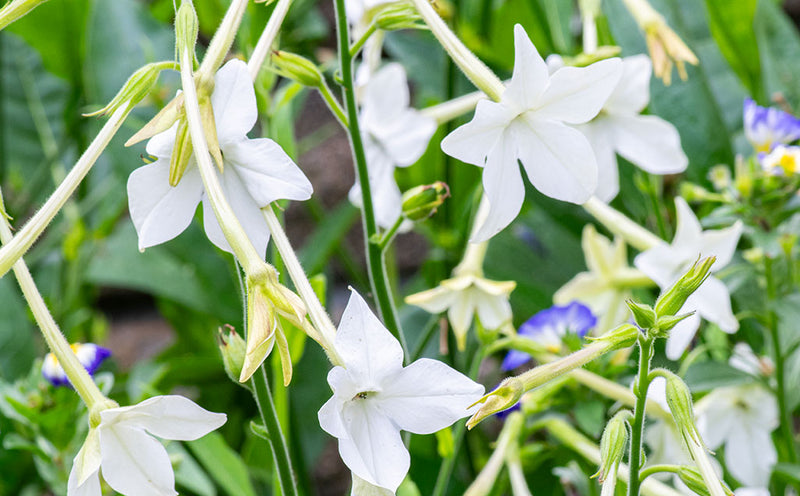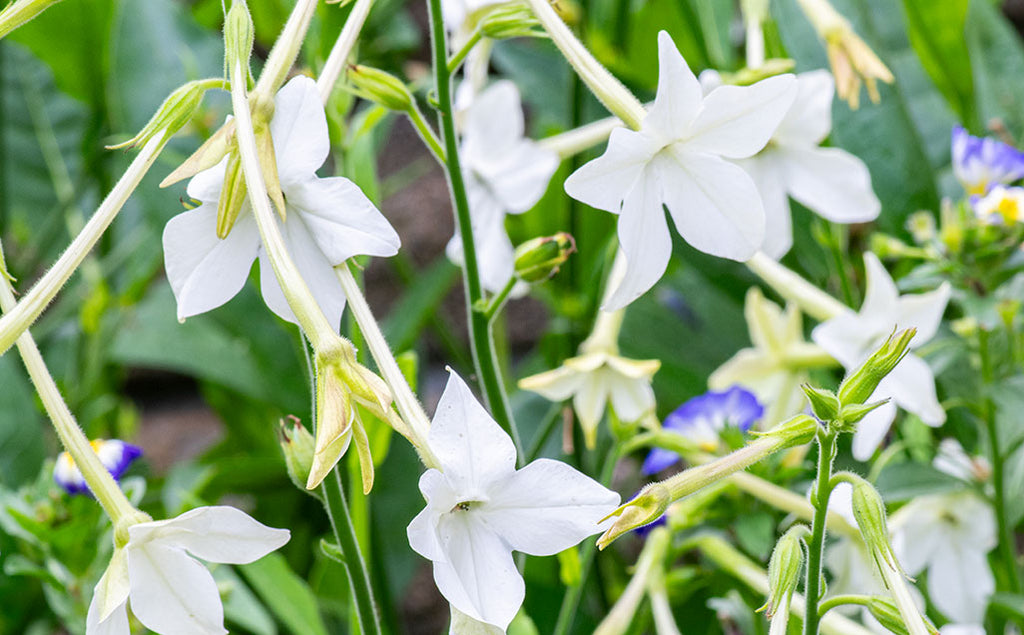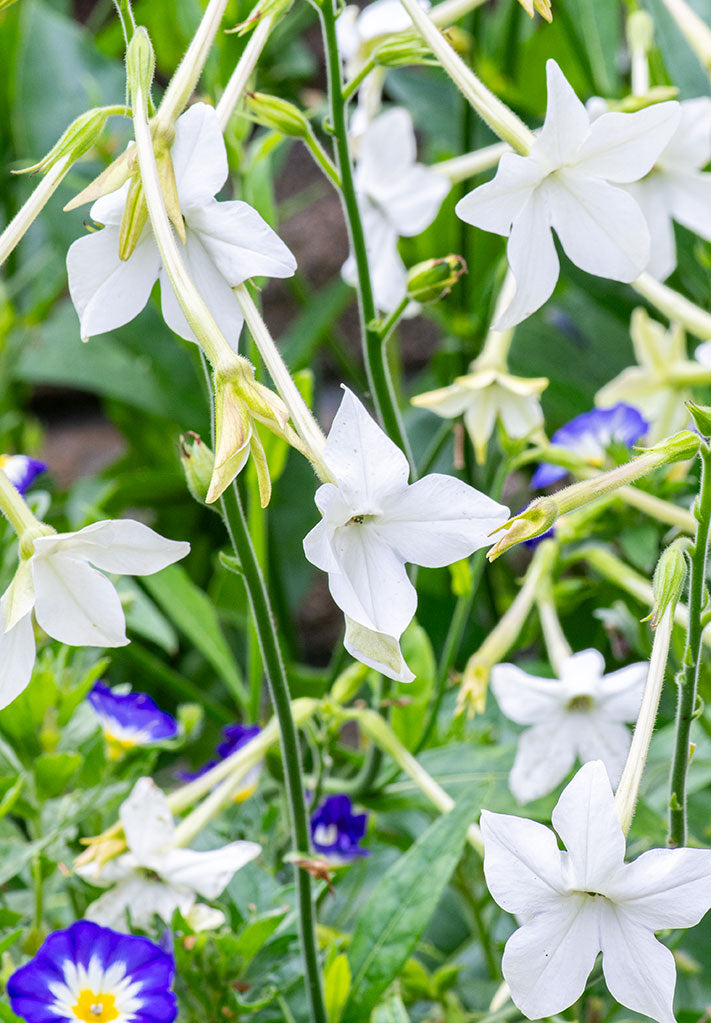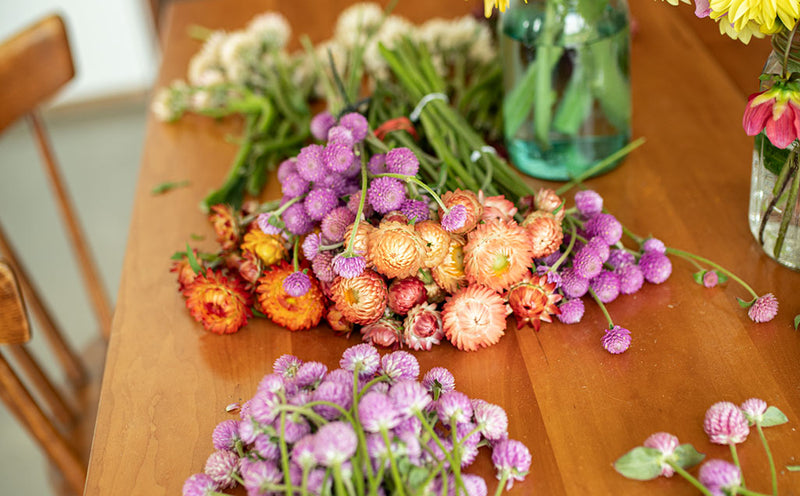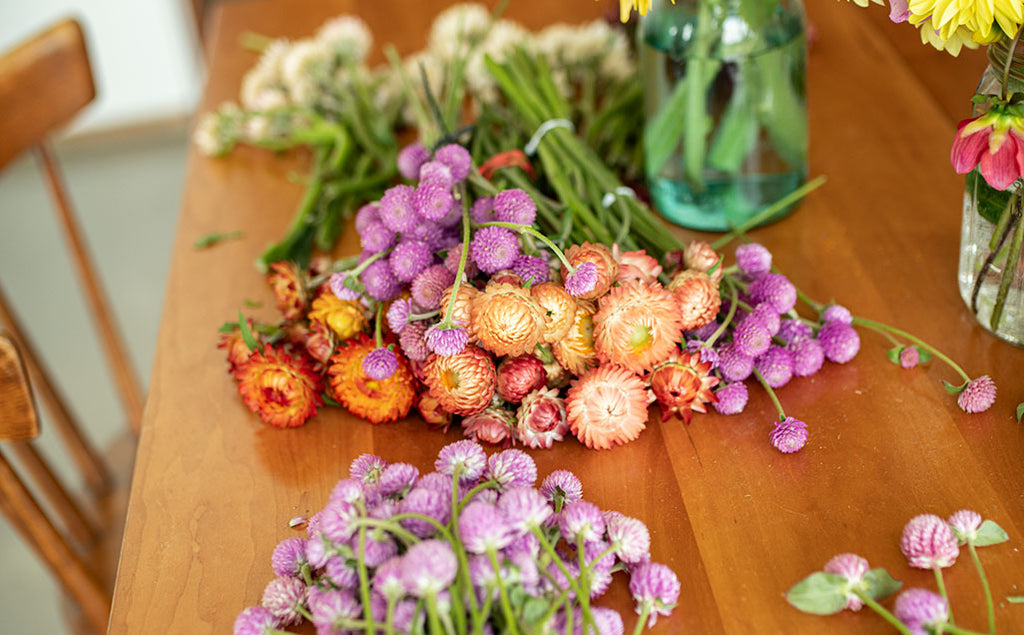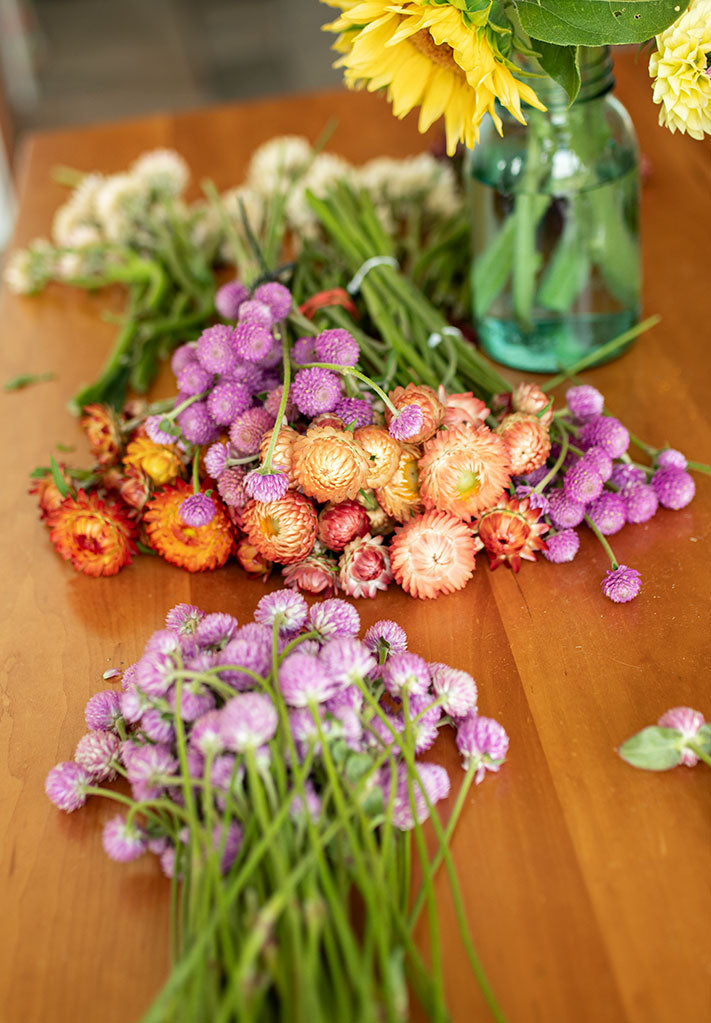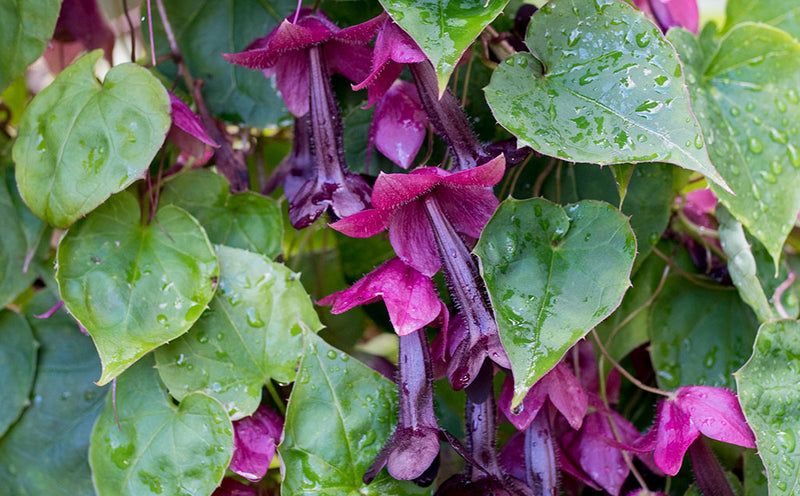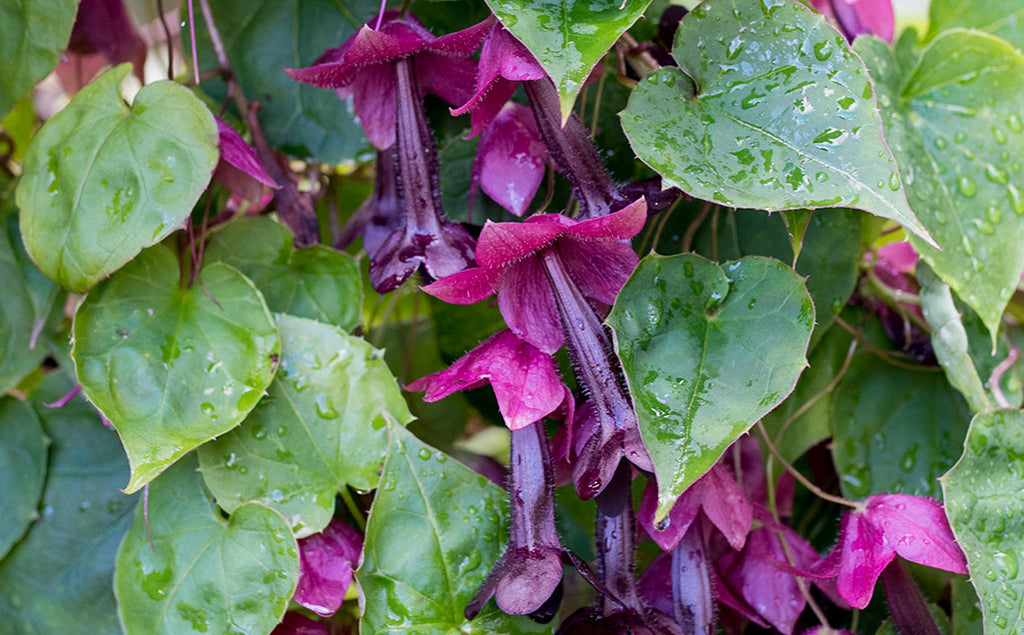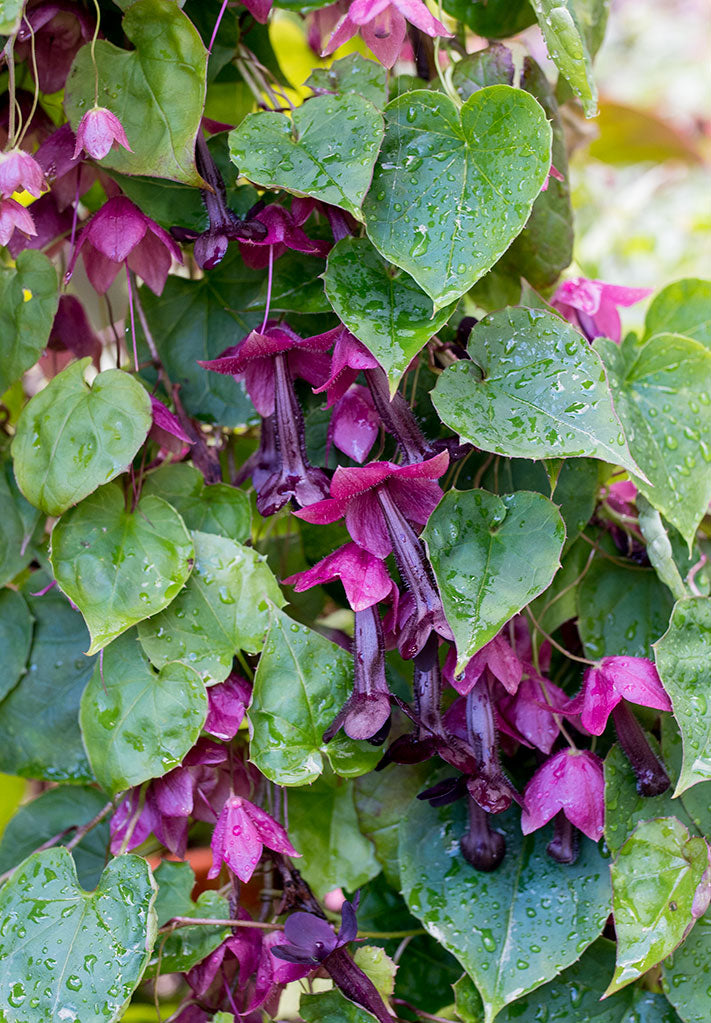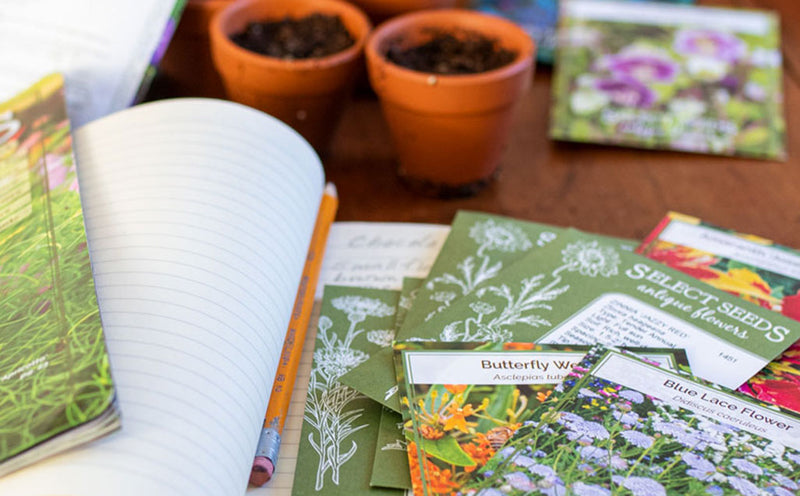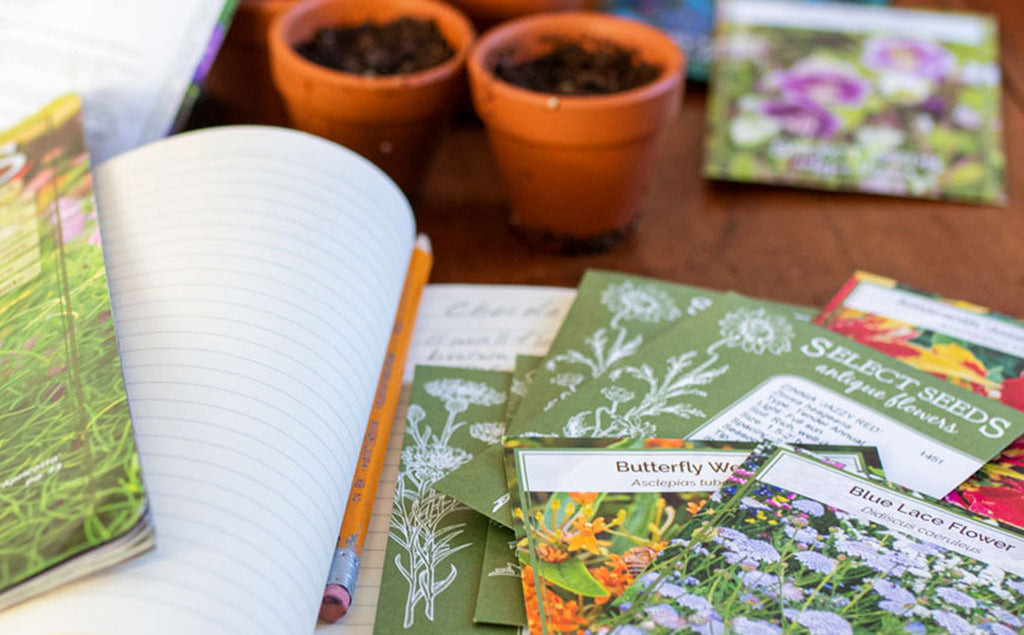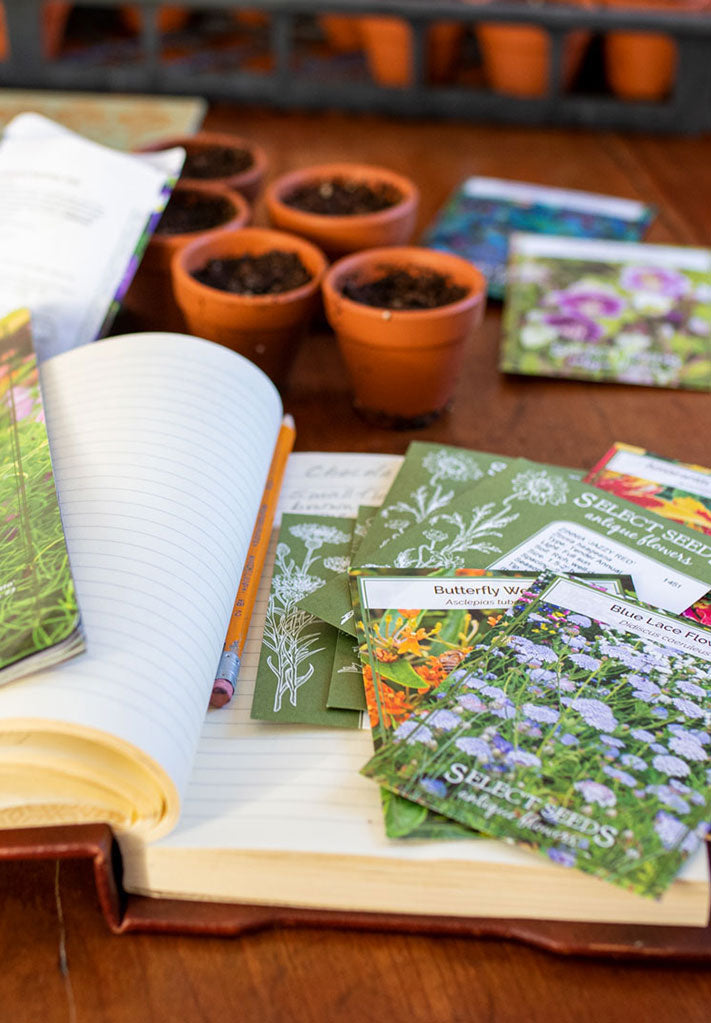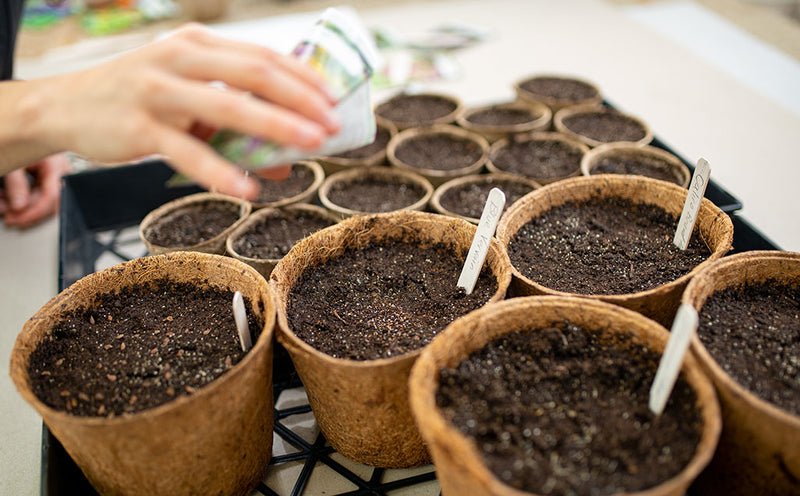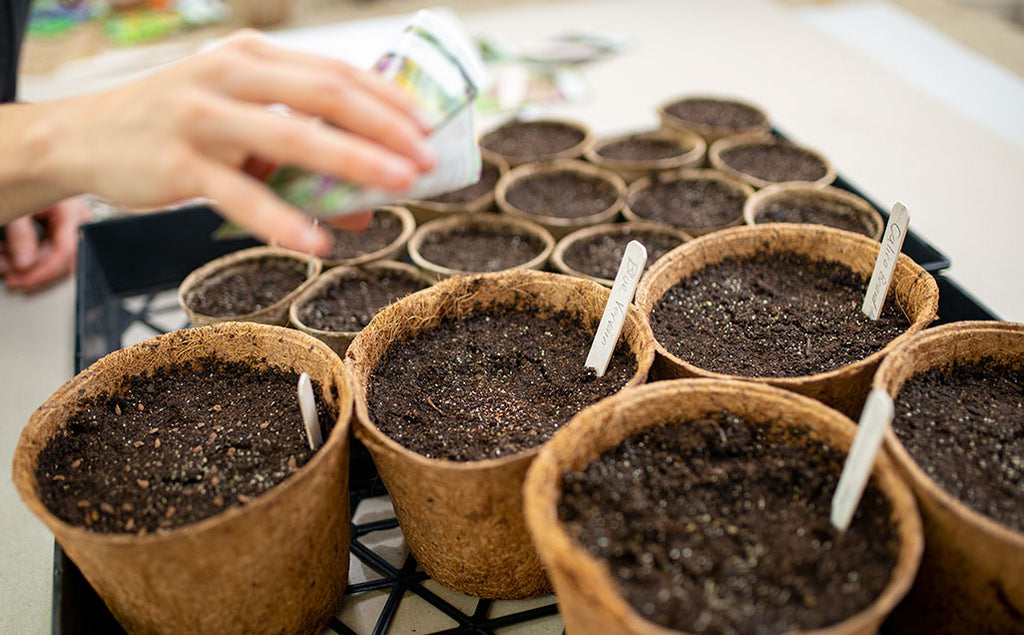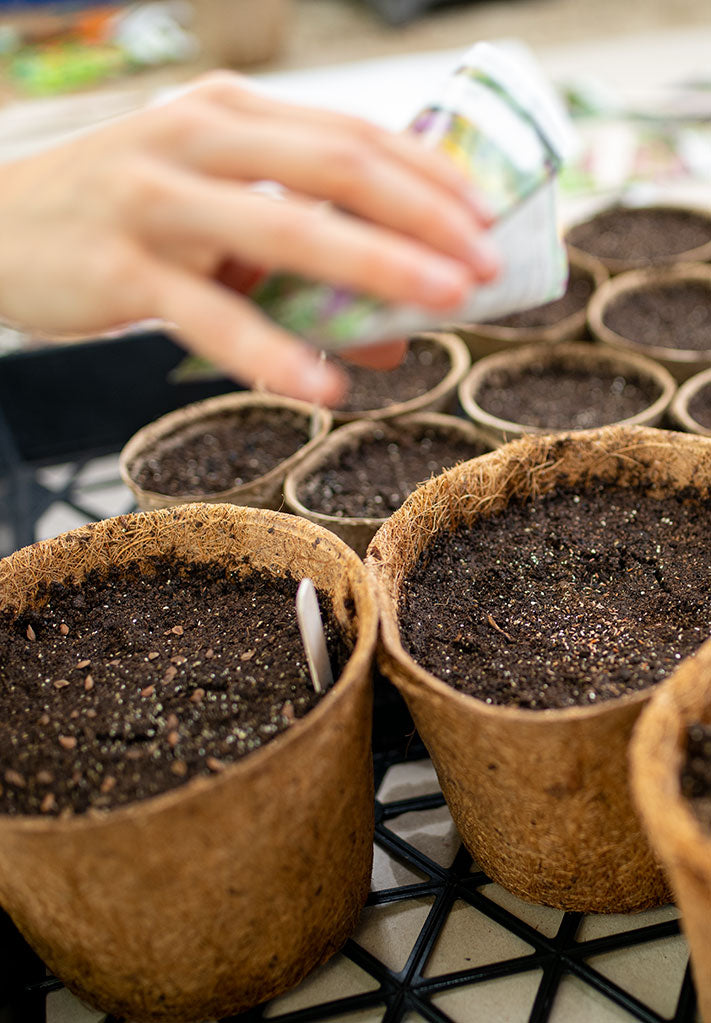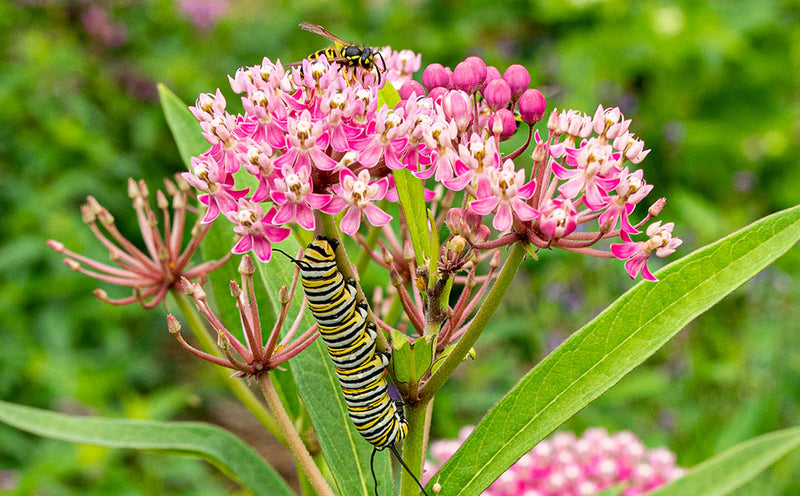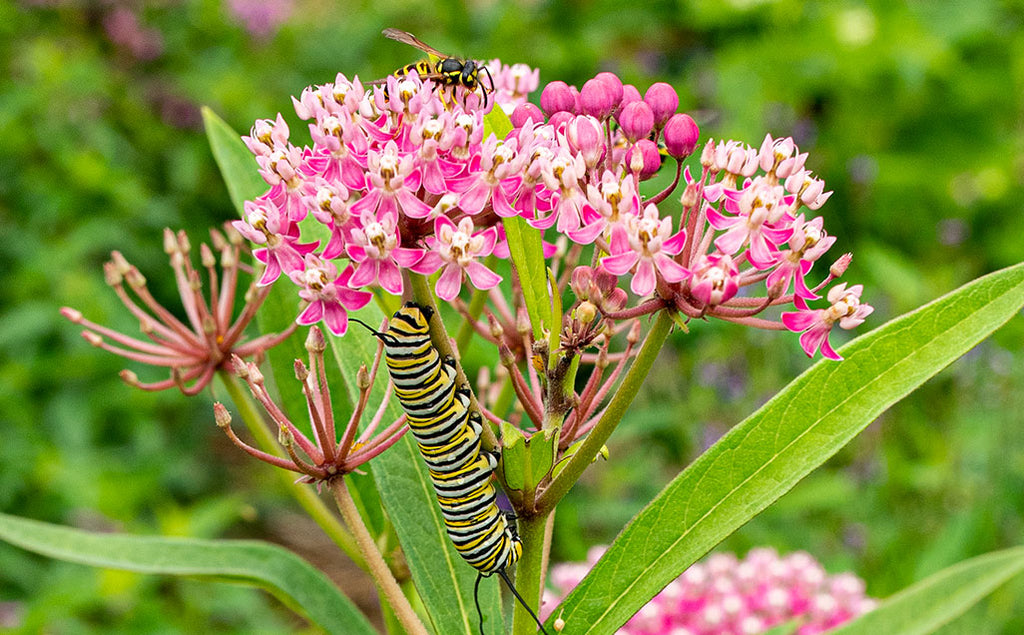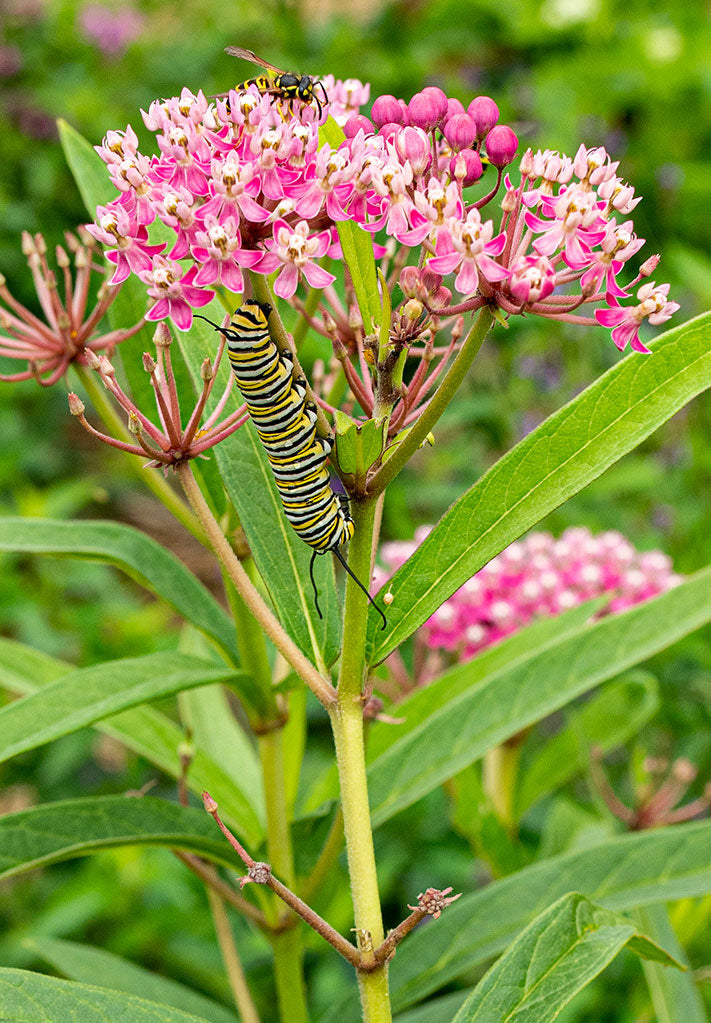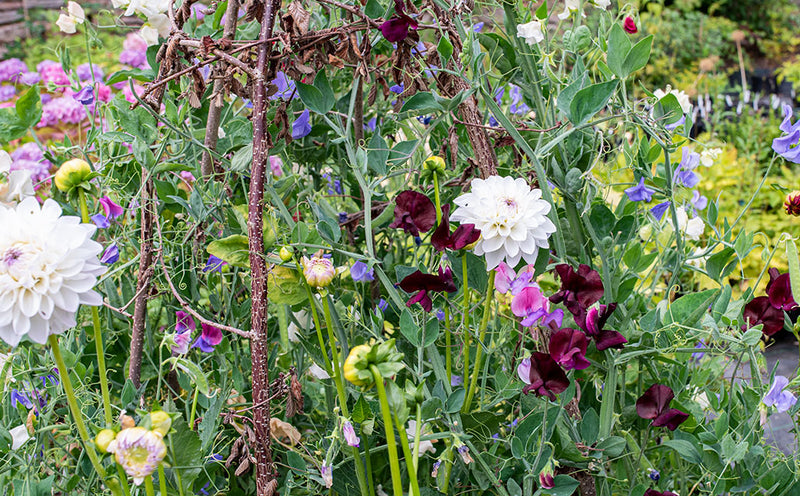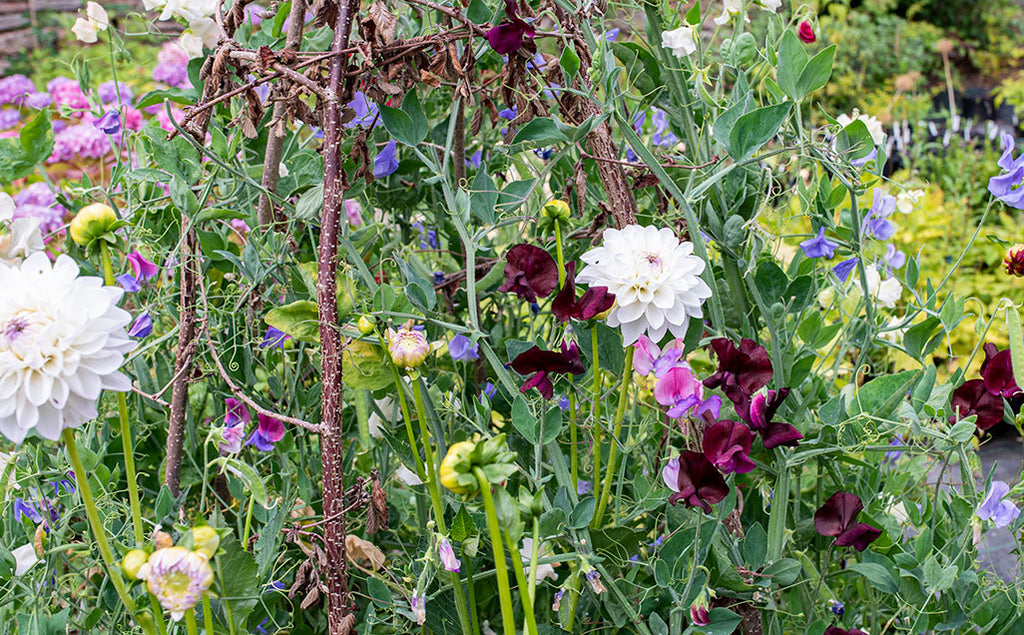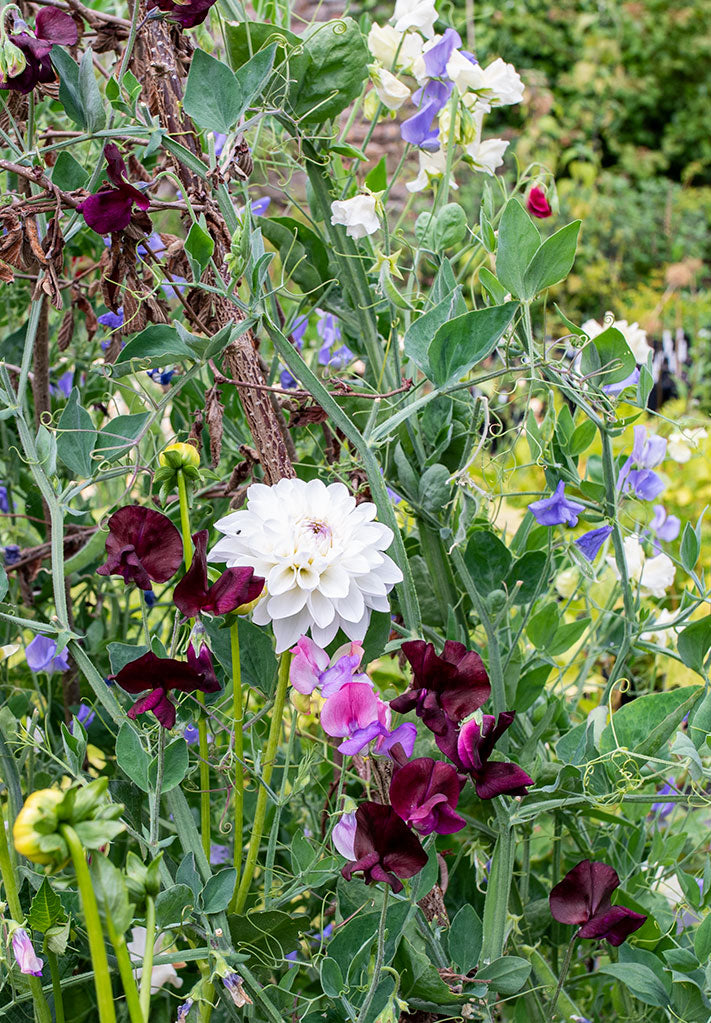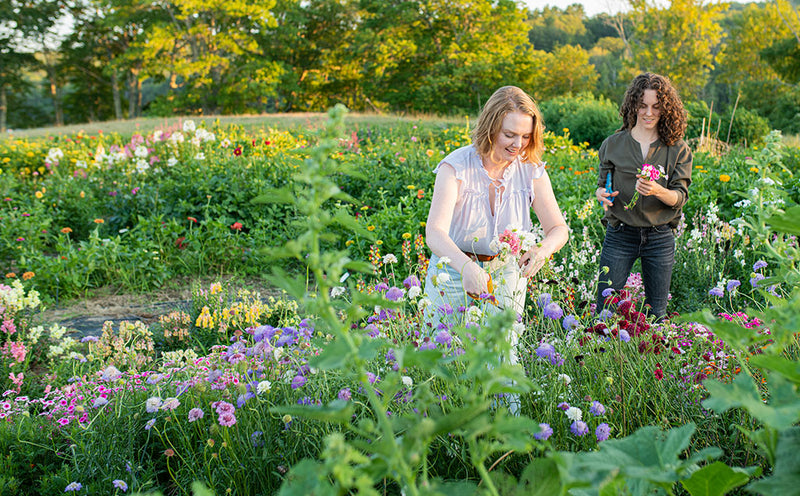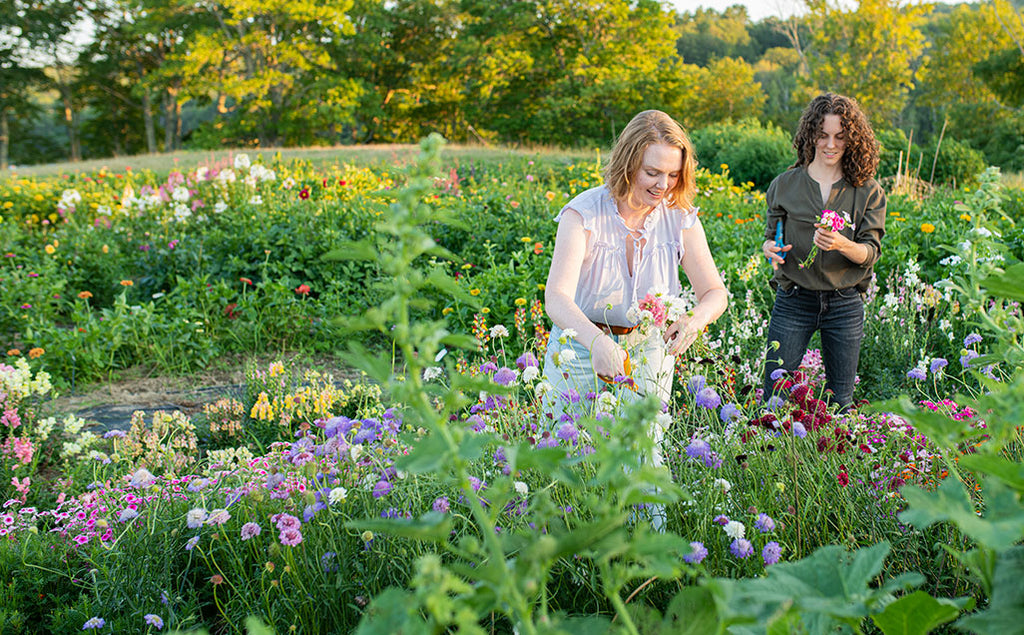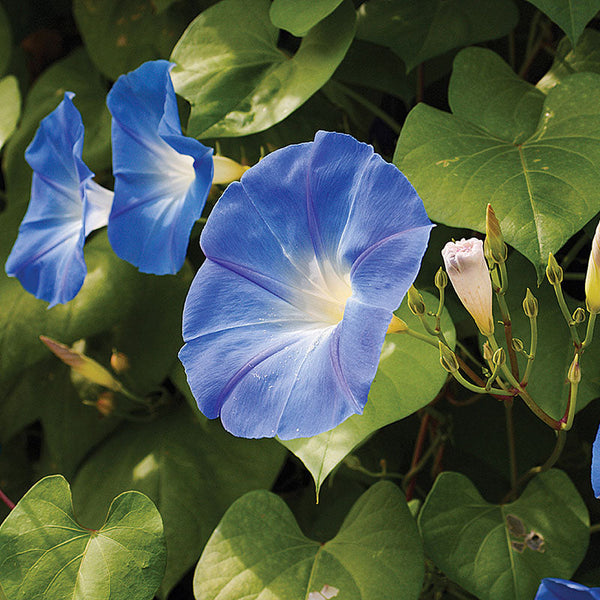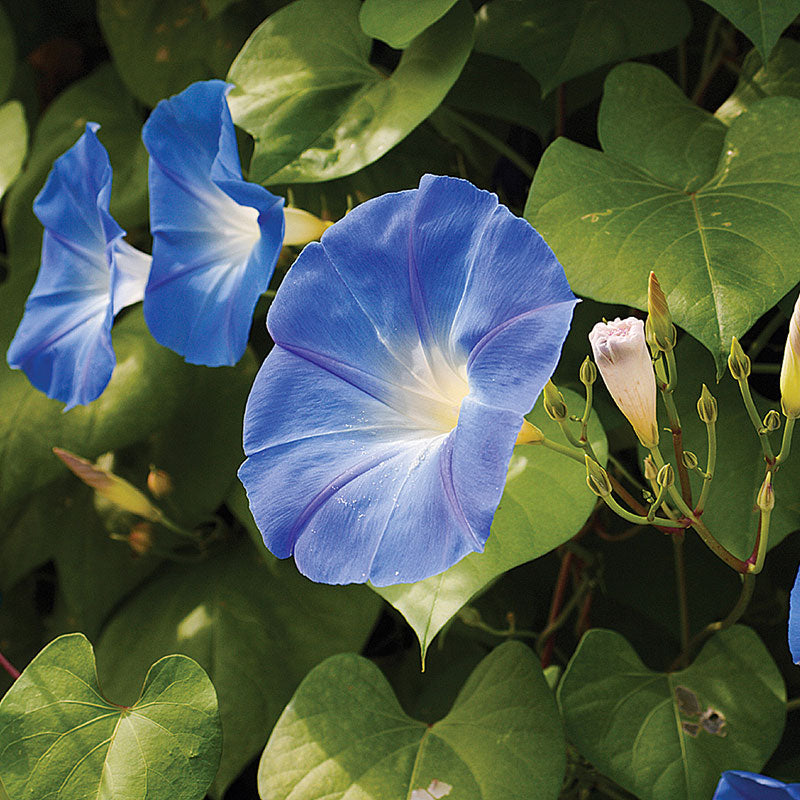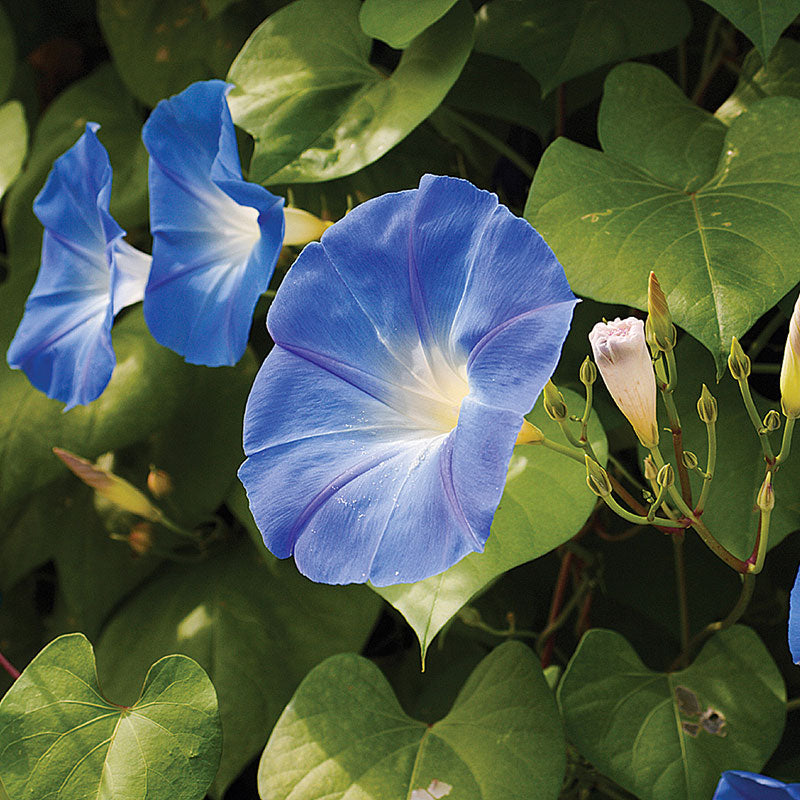SOWING INSTRUCTIONS
Depth:
1/4-1/2" Tip: Before sowing, nick or file the seed coat and soak seeds in warm water for 24 hours.
Seed To Bloom:
12-14 weeks
Starting Indoors:
Sow in pots about 4 weeks before last frost. Keep at 65-80°F. Cover with humidity dome to retain moisture until germination occurs.
Starting Outdoors:
Direct sow about two weeks after last frost.
WHEN TO SET OUTSIDE
After last frost, when soil has warmed.
PLACEMENT & CULTIVATION
Morning glory is a classic vintage flower that boasts saucer-shaped flowers that attract hummingbirds. They love heat and prosper when planted into warm soil. The flowers twist open every morning in summer and stay open all day in cloudy weather or under the faint light of fall. A strong growing, vigorous twiner that easily climbs a 10' tall trellis is also effective on open fences or allowed to grab hold of string guides along a porch or solid fence. Avoid high nitrogen fertilizers that favor leaves over flowers; a high potash (K) tomato fertilizer will promote abundant flowering. Blooming starts later in mid-summer and continues until fall frost. Deadhead, if desired, to prolong flowering in longer season areas and avoid its sometimes robust self-sowing. Caution: the seeds contain ergot alkaloids and tryptamine compounds that are poisonous if consumed in significant amounts.
Watering Details:
About 1" per week, more during especially dry, hot spells. Drought tolerant when fully established.
Soil pH:
Slightly acidic to slightly alkaline.
Fertilizer:
Mix in 2" of compost prior to planting and apply a flower fertilizer at bud set for more abundant blooming. Avoid nitrogen fertilizers that favor foliage growth over flower development.
